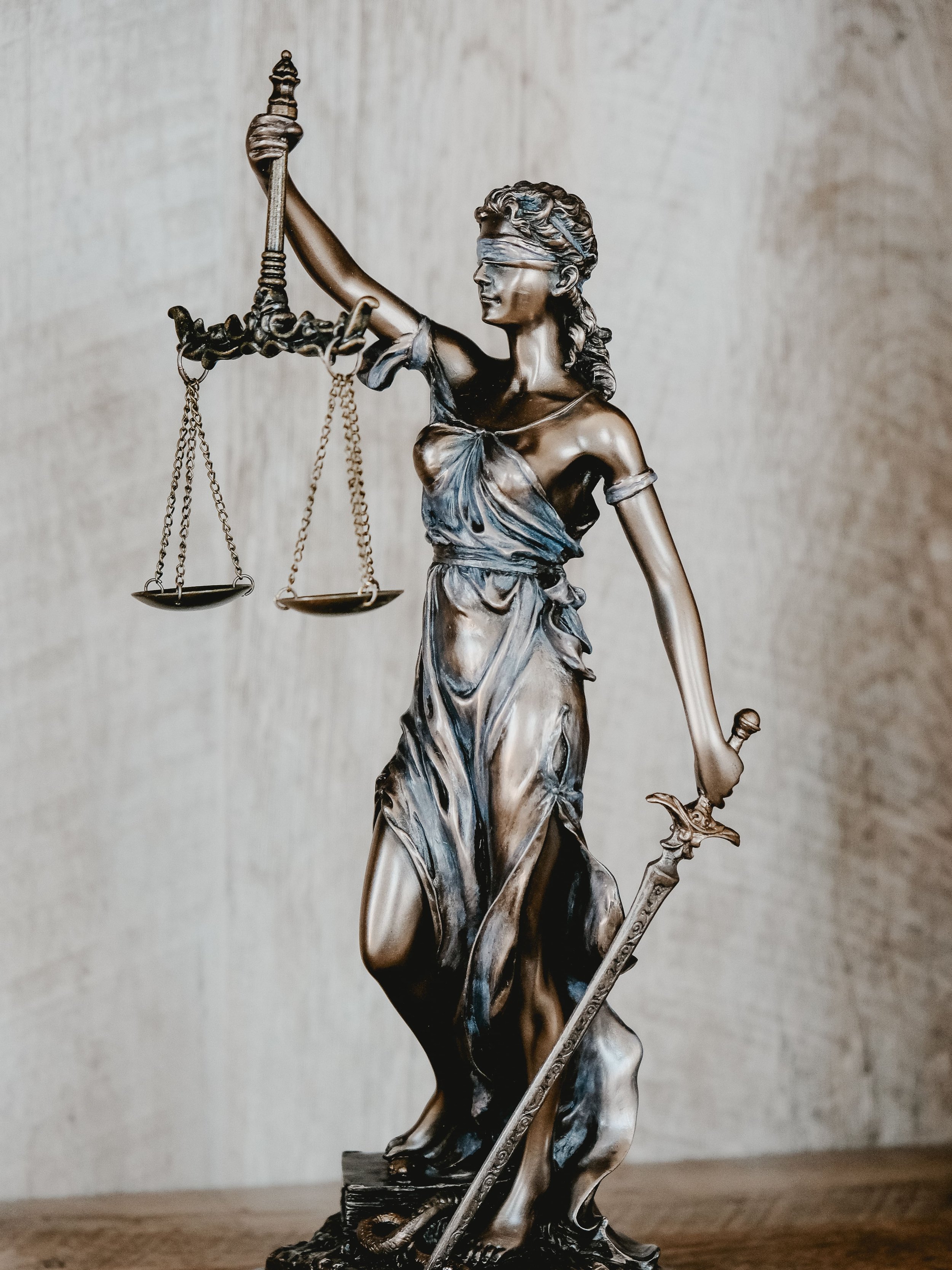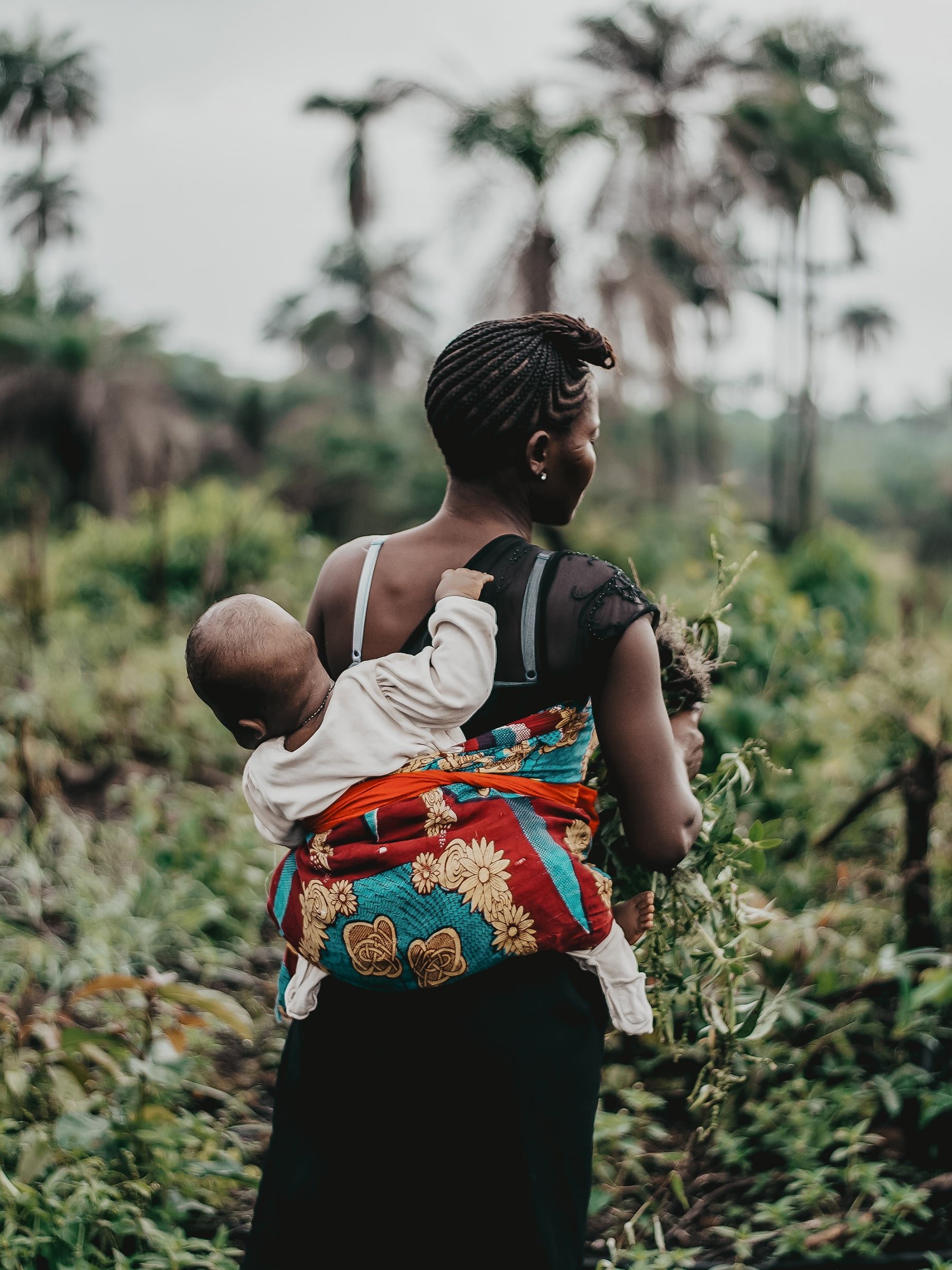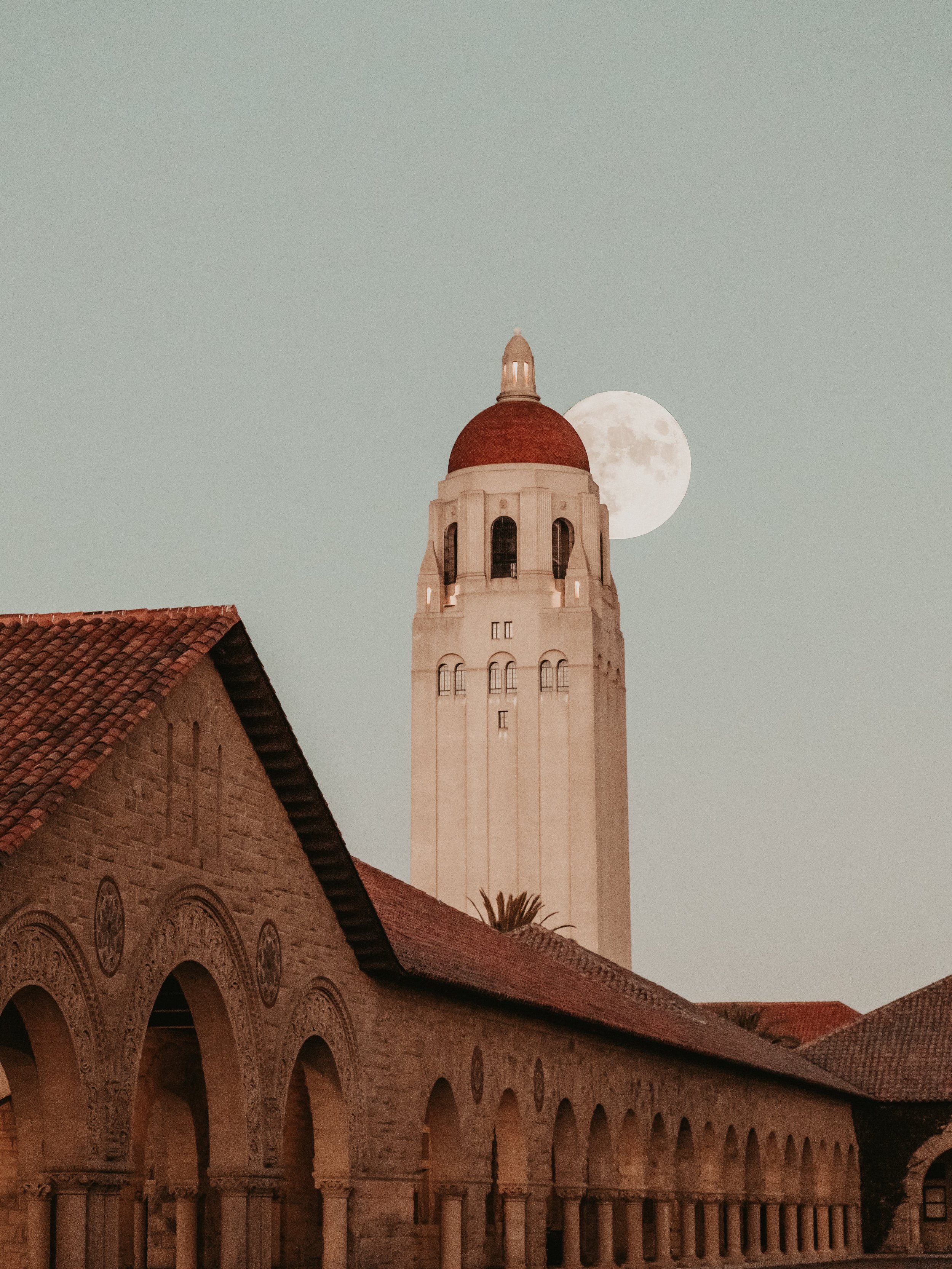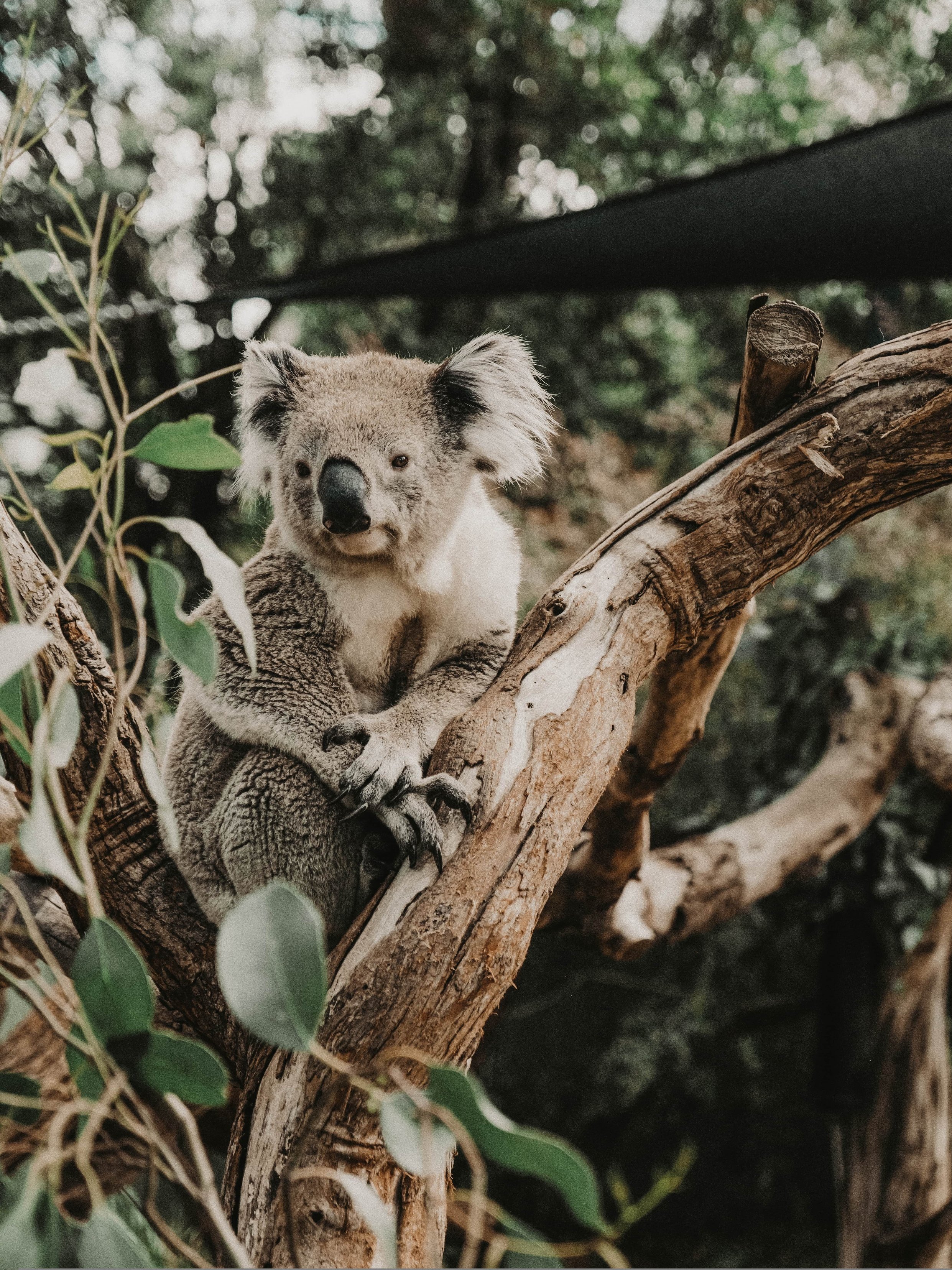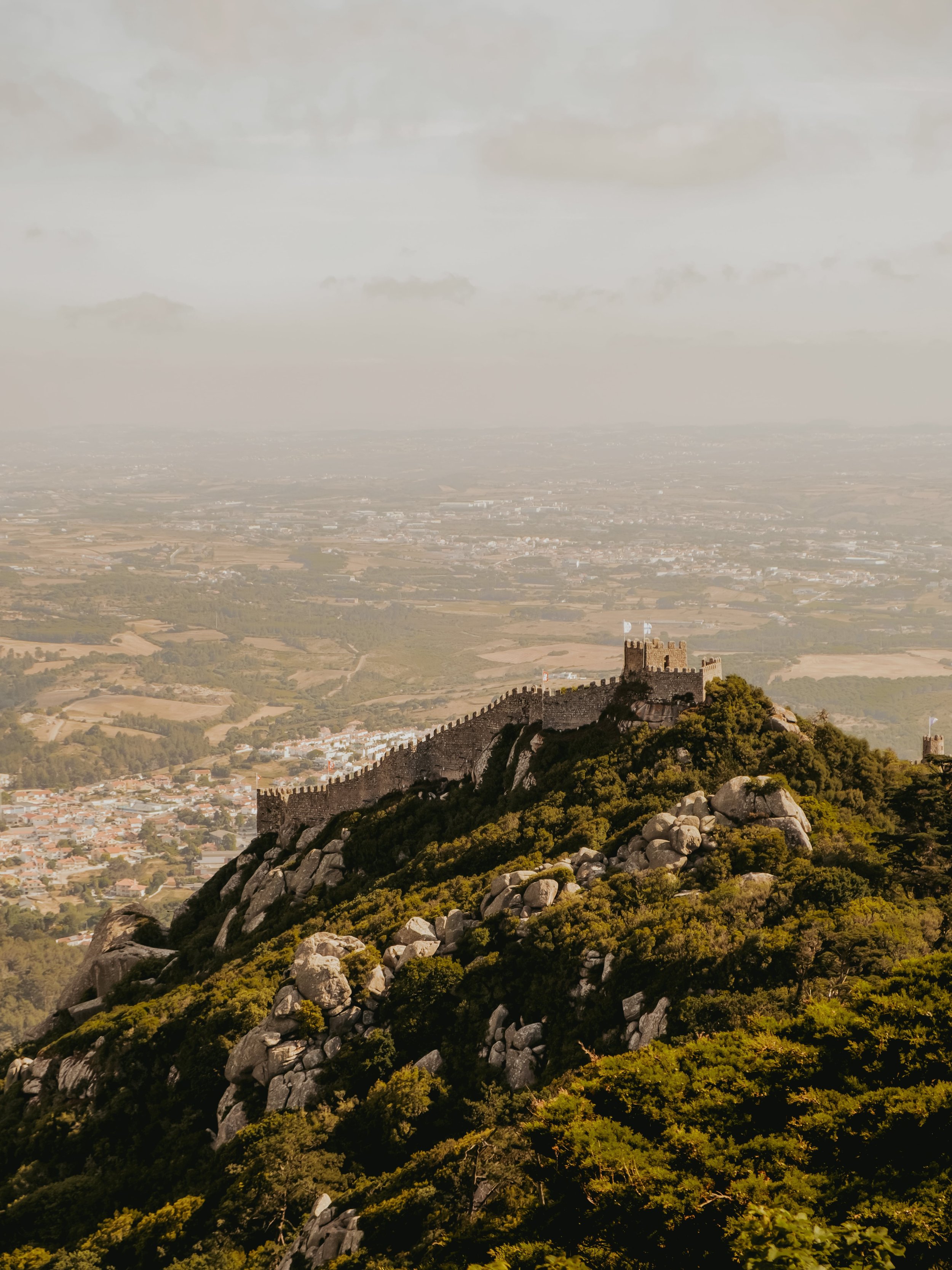About Me
I have learned that taking the time to find clarity is not a luxury. It is essential sustenance for our genuine, fulfilling being in this world, our wellbeing.
I’m Artur.
I’ve always been drawn to questioning - both in the world of law, and in the wider territory of life itself.
In my earlier career, I earned a PhD in law, graduated from Stanford Law School, became a licensed attorney in New York, and advised the United Nations. Throughout that path, curiosity was my constant guide. I challenged assumptions, sought clarity, and worked to see beneath surface structures.
But professional success alone couldn’t reach the quiet questions that stayed with me:
What remains when external achievements fall away?
What makes a life real?
What allows it to move freely, even when there is fear?
These questions refocused my attention. Over the past twenty years, my exploration deepened through the study and practice of open attention and nondual awareness, shaped by Indian and Tibetan wisdom traditions. Through this work, I learned to meet experience - pleasant, painful or ordinary - with openness instead of resistance. Clarity stopped being a concept and became a living foundation.
The deeper the curiosity, the clearer the ground beneath your feet.
Today, my coaching is rooted in what I have lived.
Transformation isn’t about self-improvement.
Self-improvement is a consequence of transformation.
It’s about uncovering the steady ground already within you - and learning to lead, live and create with nothing in-between.
My clients are leaders, professionals and seekers; people who might have succeeded on the surface and are ready to live their life and work in a way that doesn’t make success a condition for wellbeing, but a celebration that arises from it. They come not only for strategies, but for a way of being that is grounded, resilient and alive.
Coaching, for me, is not only about techniques.
It’s about accompanying you toward clarity you can trust - a clarity that holds steady even when life becomes complex.
When I hear that curiosity killed the cat, I still wonder if it’s true. In my experience, curiosity has never killed anything real - only the illusions that needed to fall away.
My Story
1980s
I hail from Uzbekistan, a tapestry of ancient cultures and rich histories. In a modest town, within a humble European minority family, my life began. My school days? Pretty standard. My results? Mostly average. And yes, I was your typical overthinker, often second-guessing my abilities.
Then, something shifted. Just before graduation, I began to question my ingrained beliefs. Was everything I thought about myself actually true? I challenged thoughts like, “This is too hard” or "I can’t manage this.” Each time I asked why, I couldn't find a rock-solid reason. This newfound perspective was both unsettling and liberating. Suddenly, studying wasn't just a task — it became a joy. By graduation, I was among the top achievers.
This inner shift sparked a lifelong curiosity about the mind. How does our mindset shape our reality? I embarked on a journey to discern between my perceptions and the real world. This exploration taught me just how much our thoughts can shape, and sometimes limit, the vast possibilities before us.
1990s
My journey continued after high school when I set my sights on what was considered the crème de la crème of Uzbekistan’s universities at that time – the University of World Economy and Diplomacy (UWED) in the heart of Tashkent. I was often told, somewhat dismissively, that UWED wasn’t really the place for provincial lads like myself, and that one needed months of rigorous preparation to even consider sitting the entrance exams.
This common perception held a grain of truth – I didn't pass initially. With limited time on my hands, my preparations had been far from adequate. However, the prevailing notion that UWED was beyond my reach felt rather unsubstantiated. Why, I thought, did so many hold this belief? Beyond hearsay, there wasn't much to back it up. Yes, they might have a point, but it was equally plausible they were mistaken. Resolute in my determination, I decided to take a gap year, focusing exclusively on acing the entrance exams the next time around. While driven by my goal, my motivation stemmed equally from sheer intellectual curiosity.
During this pivotal year, my newfound habit of critically examining my beliefs and seeking evidential backing served as a beacon. I realised that if my own thoughts could sometimes diverge from actual possibilities, who’s to say others weren't prone to the same? Each time self-doubt or apprehension threatened to throw me off course, this mode of reflective inquiry grounded me. It was a grounding rooted in realism. While recognising a possibility didn't guarantee its fruition, it surely broadened my horizon, presenting a world rife with choices, as opposed to a predetermined path.
…
Defying a sea of scepticism, including my own reservations, I not only passed the exams but secured a coveted spot at the Faculty of International Relations of UWED, bolstered by a full scholarship. A transformative chapter of my life had just commenced. I found myself amid Uzbekistan's academic elite, those poised to shape its political and diplomatic contours.
This phase was undeniably one of profound growth. It ushered in a cascade of challenges and opportunities, interspersed with enriching experiences such as forging lasting friendships and unravelling layers of my own identity.
My steadfast practice of inquiry proved invaluable once more. It anchored me as I charted these unfamiliar waters and bolstered my resilience during the rigours of an exacting academic routine. The art of inquiry, while a steadfast ally, wasn’t always straightforward. The challenge wasn't so much in questioning a thought but in acknowledging and coming to terms with it, especially when elusive self-judgements, products of a deeply ingrained mindset, would stealthily surface.
2000s
Several years into my academic journey, a clearer picture of my aspirations and abilities began to crystallise. I felt an urge to broaden my horizons to encompass international law. Restricting myself solely to the sphere of diplomacy felt somewhat misaligned with my envisioned path. Consequently, I sought a transition to the Faculty of International Law within UWED. Yet, I was met with staunch resistance, being informed that a shift after years in international relations was an impossibility.
While I accepted this reality within the confines of UWED, I wasn't ready to surrender my ambition entirely. I began to wonder: Could this constraint truly extend beyond the walls of my current institution? The question propelled me into exploring how I might still turn my aspirations into reality.
…
While transferring within UWED proved unfeasible, and no other Uzbekistani institution mirrored UWED's repute and syllabus, I realised I could cast my net wider – to foreign shores. Concurrently with my full-time studies at UWED, I set my sights on the American University of Central Asia (AUCA) in Bishkek, Kyrgyzstan's capital. This US-accredited liberal arts institution beckoned with the promise of a new educational avenue.
In order to secure a place in AUCA's Law Department, I had to demonstrate proficiency in specific law subjects. Months of rigorous self-preparation paid off, and I successfully navigated the exams, earning my place at AUCA, and continuing my academic journey midway through their graduation curriculum. This marked the commencement of another enriching chapter brimming with novel experiences and insights.
Whilst in Kyrgyzstan, my proclivity for analytical inquiry seamlessly evolved into an ingrained mental reflex. However, I intuited that the realms of the mind held depths I hadn't yet fathomed through mere intellectual analysis. Although my intellectual pursuits afforded a certain clarity, it lacked the profound, translucent quality often associated with inner peace. Consequently, I began immersing myself in awareness exercises rooted in Tibetan Buddhism. Through meditation, I turned an introspective lens on the frenetic pace of my thoughts. The revelation was startling: the restless oscillations of my mind, hitherto unnoticed, were astoundingly draining. It wasn't difficult to grasp why such a tumultuous mental state was dubbed the 'monkey mind' by Buddhists.
…
At AUCA, I developed an interest in international criminal law. Not long before graduating from AUCA, I applied for an internship at the International Criminal Court (ICC) in The Hague, the Netherlands.
This seemed like the next logical step in developing my expertise in this area. A few months later, ICC accepted me into its internship programme, and I moved to the Netherlands for the next 6 months. And yet again, this experience opened a whole new world for me in terms of my professional achievement and personal development.
In the Netherlands, I kept practising my inquiry and meditation as awareness cultivation. As the effects of the practices built up, I started to see that unchecked compulsion to fix thoughts can be as much of a prison as the grip of the thoughts I was questioning. After some time practising meditation, I developed a type of quiet attention that allowed me to hold my thoughts as such, including my inquiry.
…
As I was approaching the end of the internship, I applied for a few universities that I chose for my graduate studies. I chose Lund University in Sweden to do my masters degree in international law. Two years later, I graduated.
As my interest in international criminal law grew, I decided that I wanted to pursue a PhD in this area of law. Having applied for a number of PhD programmes Europe-wide and having received a polite no from some of them, I was admitted into a PhD programme at the University of Copenhagen where I started writing my interdisciplinary thesis at the intersection of international criminal law, criminal procedure and science by considering expert evidence in international trials.
Formal meditation sitting began to migrate into my active daily life as awareness, which is really just the ability to hold wide attention and to notice. This was my first taste of seeing the mind in a non-conceptual context where any cloudiness to the mind would be held within natural clarity of something greater than thought – awareness. I started to recognise that the mind was slowly becoming my tool. The conditioned beliefs were losing more and more of their power.
2010s
As I worked on my PhD dissertation, I had the opportunity to work as a legal officer for the chambers of the Special Court for Sierra Leone (SCSL), a United Nations-backed international criminal tribunal.
I worked on the then biggest international crimes case, the so-called “Blood Diamonds” case (if you have seen the “Blood Diamonds” movie with Leonardo di Caprio, that is the conflict surrounding the “Blood Diamonds” case). It was the case against Charles Taylor, the former President of Liberia, accused and later convicted for war crimes and crimes against humanity committed in Sierra Leone. Having taken academic leave from the University of Copenhagen, I moved back to The Hague to start my new job. This was one of the most intense, incredible, horrifying and gratifying experiences I have ever had.
The awareness that I developed by then and my continuing practice, immensely helped me to live through the challenges of having to deal with matters of gruesome and disturbing nature. It also helped me to feel connected to the victims of the tragedy that played out in Sierra Leone and to offer my very best to bring closure closer to them.
…
After one and a half years of working at SCSL, I returned to working on my PhD dissertation in Copenhagen as my academic leave came to an end. As I progressed with my thesis, I was accepted as a visiting fellow at the University of Cambridge where I continued working on my doctoral dissertation for a period of time.
A few months later, I defended my thesis in Copenhagen. Having integrated the insights received during my work at SCSL into my PhD, I engaged in research and teaching at the University of Copenhagen. Later, I published a book that I wrote on the basis of my dissertation and the insights that I received during my work for SCSL.
One of the benefits of my awareness cultivation practice was the many insights that emerged. As I was integrating my practical experience into the structure of my thesis and later into my book, I saw how the best ideas I had were just planting themselves in my mind. I recognised that, in fact, I had no idea how to produce a single thought. Particular thoughts would either show up or they would not. It was more like having a highway cleared for the oncoming traffic.
…
A year after I received my PhD degree, I got an opportunity to serve as a legal adviser for the United Nations Office for Project Services (UNOPS) in Amman, Jordan. UNOPS was setting up a High Commission for Human Rights in post-conflict Iraq.
As an expert in procedural law, I worked with UNOPS to develop procedures and protocols for the commission and later train the commissioners and the staff to apply these procedures in practice. In the meantime, as I was working for the University of Copenhagen, I continued to expand on my interdisciplinary research. Shortly after, I received a grant from Carlsberg Foundation in Denmark to develop my research in law and technology.
During this period, my practice grew into a lifetime passion, and I started to dive deeper into inquiry and awareness cultivation by familiarising myself with techniques grounded in non-dual traditions of India and Tibet, namely the Recognition School (Pratyabhijña in Sanskrit) of Kashmir Shaivism (aka Trika) and Dzogchen of Tibetan Vajrayana Buddhism, respectively. In addition, every summer for years, I would get away to intensely practise for weeks with an incredible Buddhist teacher at her retreats.
…
As I was undertaking my research, I was accepted as a visiting scholar to Monash University in Melbourne, Australia, where I worked on my ideas in law and technology. Later that year, to support this direction even further, I got into Stanford Law School to undertake a formal degree in law, science and technology. I moved to California.
As I underwent very demanding studies at Stanford taking courses at Law and Business Schools, I kept practising. My practice allowed for the type of deep clarity to emerge that helped me relax into the buzz, rigour and intensity at Stanford. It was not “a chill at the pool" kind of relaxing. Rather, it was a deep knowing that things as intense as they were, including myself as I was, were just the way they had to be in that moment. I was grounded in knowing that no matter what could happen, I could handle it when and if it happened. Stanford was a huge learning for me on many levels. The inquiry and my practice started to fuse into one - a direct inquiry beyond words and concepts, an inquiry into the heart of clarity amidst the frenzy of life.
2020s
After I graduated from Stanford, I decided to try out the life of a busy corporate lawyer. I applied for a number of associate positions with different law firms, including with Sullivan & Cromwell (S&C).
Eventually, having gone through many rounds of interviews, I landed a job as an associate with the Melbourne office of S&C, a premier US-headquartered international law firm. I moved back to Melbourne, Australia. Working for S&C with remarkably smart and talented people at a high pace was another incredibly powerful school for me.
Leading the life of a busy corporate lawyer, I recognised how powerfully supportive my practice had proven to be for me. As I worked through transactions as a part of a great team, I started to recognise the fact that without integrating a huge part of my life into my work, I would not be entirely true to myself. I could extend my experience of leading an active life supported by inquiry and awareness cultivation to others.
…
A few years later, I left S&C and Australia and moved back to Europe that I dearly missed. I chose Portugal as my next home. For a period of time, I committed myself to in-depth study of the non-dual traditions of India and Tibet.
As I was preparing for a new chapter in my life, I learned from and practised in-depth awareness cultivation and clarity with a teacher representing an exquisite non-dual Recognition tradition that arose in Indian Kashmir, and eventually traversed the whole of India.
This period of deep practice was like adding fuel to the fire of undoing the conditioning of the mind. Deep clarity and realisation that I fell into during this time is beyond any attempts to put them in words. Having gone through decades of looking for ultimate clarity, I found what was always there for me right in plain sight - the freeing and transformative clarity that we are if we just dust the surface of conditioning.
Today
Today, I continue working at the intersection of law, science and technology. A colleague of mine from the University of Copenhagen and I are building an exciting project that we are hoping to put into orbit in the near future.
As I work on this legal project, I also continue my awareness journey. I am hoping to share the fruits of this journey with fast-paced professionals and leaders who see a place for the treasure of clarity and awareness in their life and career.





